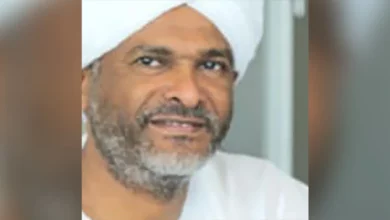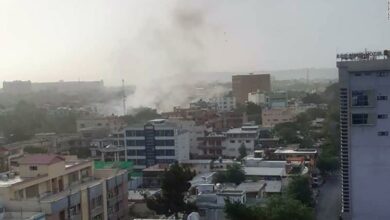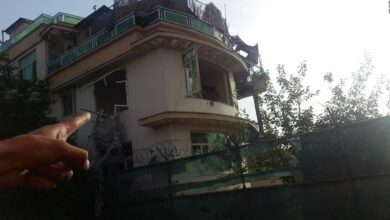His name has been associated for years in the press with Al-Qaeda leader Osama bin Laden; Gamal Ismail, the Palestinian correspondent and author of "Bin Laden, Al-Jazeera, and I", who lives in Islamabad, uncovered many secrets related to the terrorist organization.
Ismail's closeness to many Al-Qaeda leaders, including bin Laden, who he interviewed four times, has given him an insider’s perspective into the group since the 1980s. His studies at Peshawar University in Pakistan and his work for al-Jihad magazine also provided him with details about the organization.
Ismail stressed to Al-Masy Al-Youm that Al-Qaeda did not end with the death of bin Laden. His number two, Ayman al-Zawahiri, will take charge of the group until the organization's Shura Council elects a successor, said Ismail. He added that there is a possibility the group will swear allegiance to Zawahiri, who Ismail believes became the group’s primary leader even before bin Laden’s death.
The Palesinian correspondent also added that Zawahiri was the one communicating with the different branches of the organization outside of Afghanistan and Pakistan due to bin Laden's health conditions, the difficulty of reaching him and his inability to travel.
Ismail denied that there was a rift within the organization because of the Egyptian's dominance of power.
Rumors have been circulating for many years that bin Laden was a captive of an Egyptian group led by Zawahiri, Abi-Ebeida al-Bengadhiri, Abi-Hafs al-Masry and Saif al-Adl, however these allegations were just a kind of psychological war against Al-Qaeda, said Ismail.
Some have speculated that group of core Al-Qaeda members took control, marginalizing their peers and dictating the agenda. But Zawahiri’s position against the ruling regimes of Arab countries was not reflected in Al-Qaeda’s actions, according to Ismail.
On the other hand, Bin Laden’s letters to Abi-Mos'ab al-Zarkawi in Iraq criticize the rulers of Arab and Islamic countries, but urge young fighters to focus on battling the more obvious enemy – the US and its western allies. He also asked them to avoid clashes with the local security authorities in Arab countries except in cases of self-defense.
Like other critics, Ismail expressed doubts about the American story of bin Laden's murder and Pakistan’s comments on the operation.
Bin Laden was known for his extreme caution and cleverness, Ismail said, casting doubt that he would live in a compound near the most famed Pakistani military academy. Even if it was a camouflage tactic from the US military, Ismail raised questions about why periodic Pakistani military surveys did not reveal bin Laden’s whereabouts.
If the Pakistani security authorities knew he was living there, they would be accused of concealing him. And if they did not know, Ismail continued, it raises questions about the capabilities and validity of the Pakistani security apparatus as bin Laden had been living in the house surrounded by an 18-foot fence and barbed wire for four or five years.
Translated from the Arabic Edition




